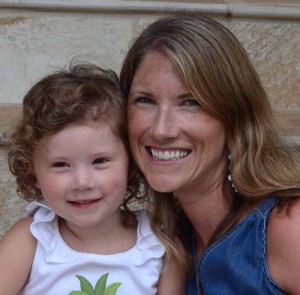
Opinion, Therapy Tips rabbit wabbit!" Each goal. no matter how small, is celebrated!
10 Awesome Reasons Why Being a Speech Pathologist Rocks!
Back when I was in college and stumbled across the field of speech pathology, all I really knew was that I wanted to help kids communicate better. I had no idea that day when I changed from Liberal Studies to Speech Pathology and Audiology just how AWESOME the field really is. After almost 9 years in, here are 10 things I have found that ROCK about this profession.10. Variety of Work Settings
Many people are unaware that speech and language pathologists are trained in communication and swallowing (yes, swallowing!) for the entire lifespan: from birth until death! This allows us, upon graduating from graduate school, to have a variety of options open to us for employment including:- Early Intervention Programs
- Public School Systems
- Private School Systems
- Private Clinics/Private Practice
- Hospital Inpatient
- Hospital Outpatient
- Rehabilitation Centers
- Skilled Nursing Facilities
- Home Health Agencies
- Corporations/Businesses (for services such as accent reduction)
- Other for profit or non profit agencies that provide speech & language services



